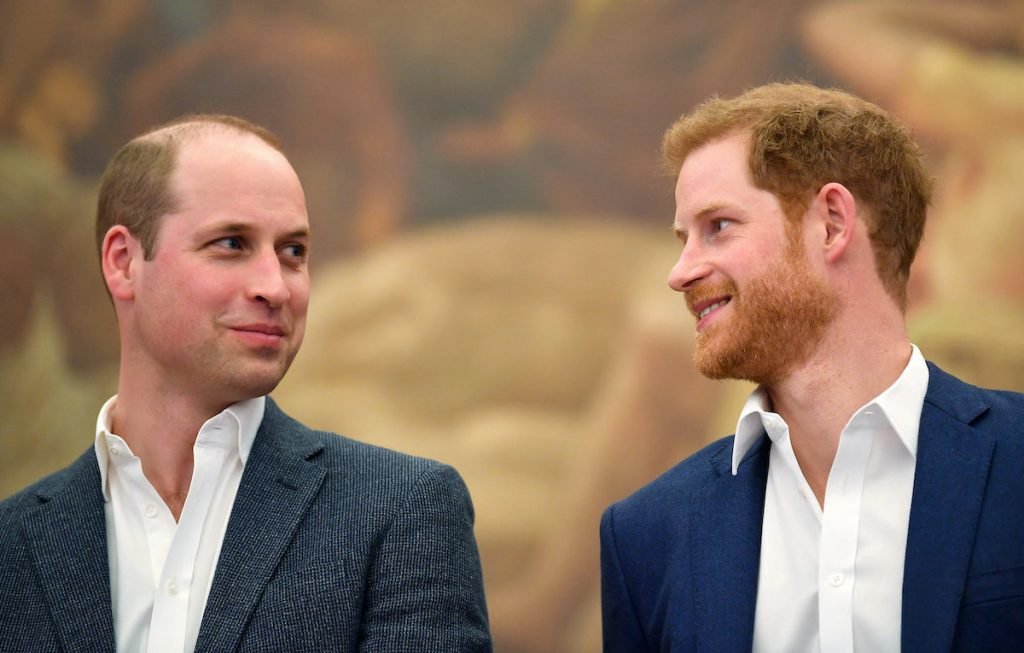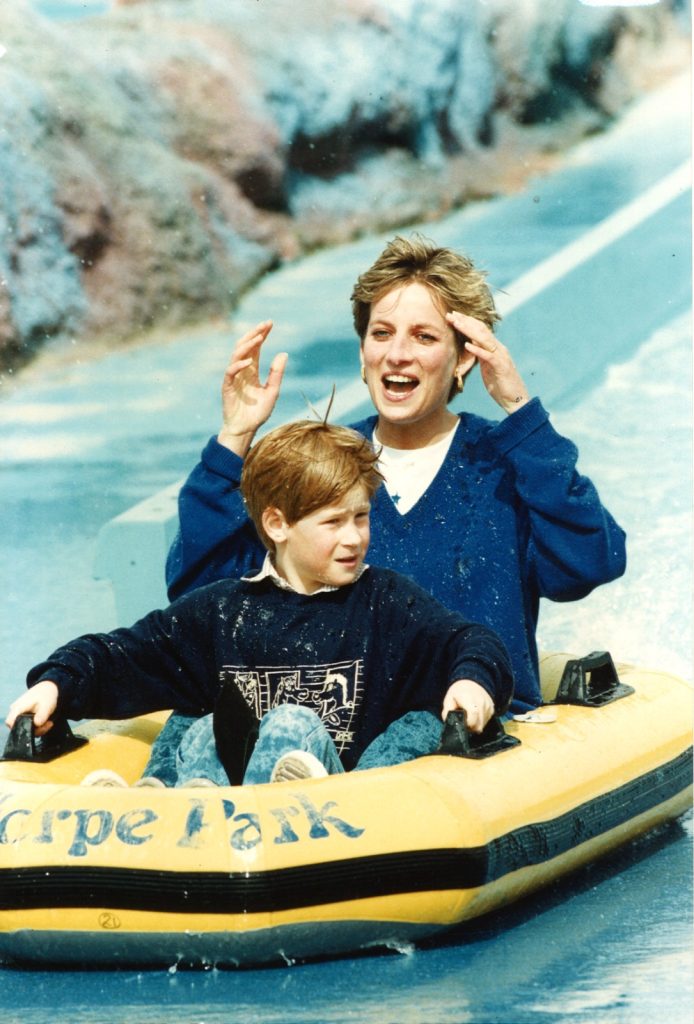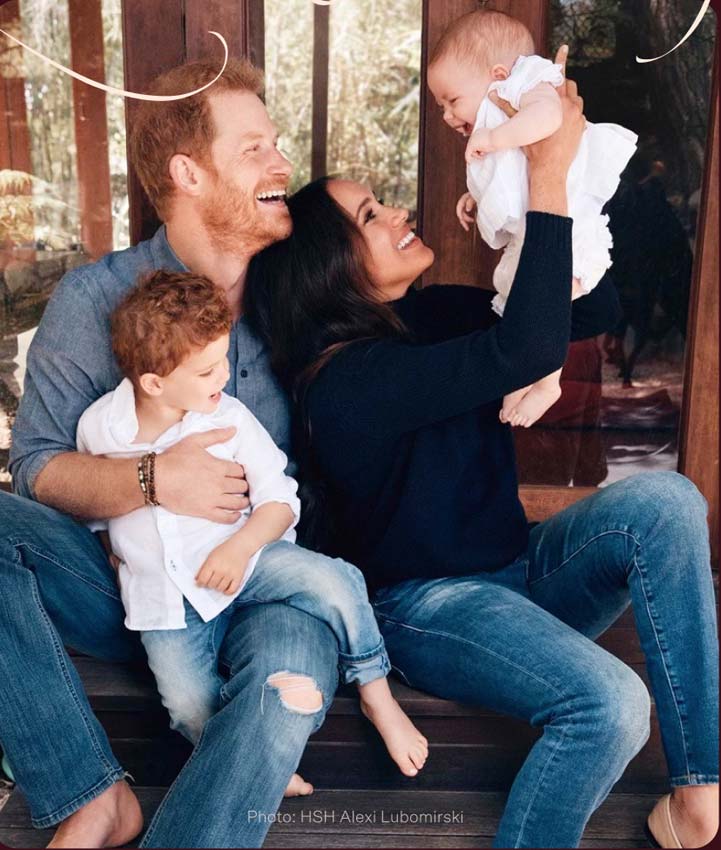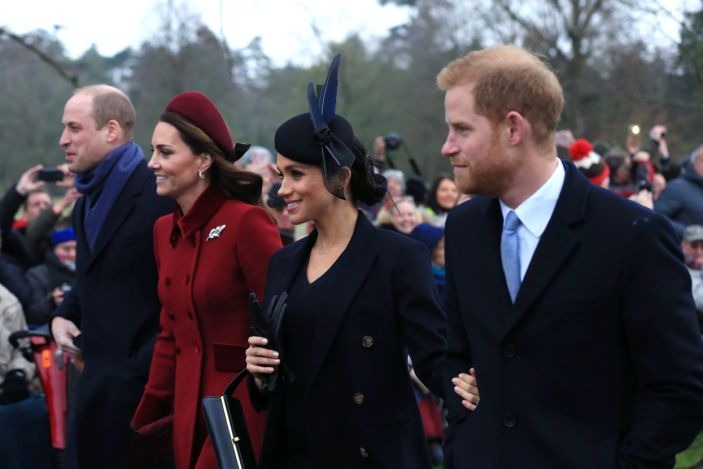By Claudia Bisio
Prince Harry’s biography is an obvious homage to the life, and death, of his mother Diana, the beloved princess of the people.
A personal account, a frank and moving book that touches on all the darker aspects of a royal’s life, but not just one: the reserve. Her whole life revolves around the press doing the good and the bad and that would seem to dictate the law even inside Buckingham Palace.
Spare, which according to the newspapers would have been scandalous, full of incredible behind-the-scenes stories said – or rather written – to undermine the crown, to paint Queen Elizabeth (his grandmother) as a monster, is, in reality, an introspective journey that takes the reader by the hand and takes him through – together with Harry – his entire life. A work that lasted years, then transcribed by Pulitzer Prize winner J. R. Moehringer, who managed to give intensity and three-dimensionality to the most eagerly awaited tale of the year.
The tale begins with the most intimate confidences of a child who loses his mother unexpectedly. No one acknowledges his grief, the world keeps turning smoothly: the only one left to live before death is Harry. He thinks it is a joke, he does not resign himself, he waits, in vain, for his mother to return. He creates a shield around himself, pretending that at any moment he will see his mother pop up and, finally, that nightmare will end. He tells of a primal grief that has never been faced, that no one has ever cared about, and of the beginning of his estrangement from his brother William, the heir to the throne, who, although only slightly older than Harry, asks him to ‘pretend not to know me’ while they attend Eaton high school.

Having left his teenage years, punctuated by cannabis and alcohol, behind him, Harry recounts, for several pages, his experience in the army and how the press, after a hiatus due to an unspoken agreement between the Royal Family and the newspapers after Diana’s death, started hounding him again. Headlines were often derogatory, in favour of William or his father Charles (who has meanwhile remarried Camilla). According to Harry, he was often sacrificed by the press to favour those who, according to the Monarchy, counted more.
The story draws to a close with the arrival of his wife, the actress-activist Meghan Markle, and Harry details the Monarchy’s role in – not – protecting her from racist attacks by the press.
He dwells little on his wife’s psychological condition (as opposed to what is recounted in the Netflix series Harry&Meghan) despite citing one memory in particular: Meghan, before an event, reveals to Harry that she no longer wants to live. The Prince, paralysed by the fear of losing another person to the nastiness of the press, decides to act, even if it means going against his family and his country.
He reveals the background of the various meetings between him, his brother William, his father Charles, his grandmother Queen Elizabeth and three royal officials (whom he calls Ape, Mosca and Vespa) after announcing that he wants to take a step back from royal duties: Harry continues to feel lonely and misunderstood and on his side, there is not even his brother William, with whom he even has a scuffle. He concludes by recounting the birth of his second son Lilibeth and the constant presence of Diana, whom he can now perceive and remember, thanks also to the course of therapy he is undergoing.

Each chapter of his life has two common elements: the first is the press. It is intrusive, unscrupulous, and constantly present at every stage of Harry’s life and everyone around him. Harry hints that – very often – because of the press, he has had to close relationships, leave the army, and is often forced to flee London for refuge in Botswana. The Prince recounts that he could not take a step without attracting angry journalists who, according to him, were at the root of the rift between him and his family.
The second thread is Diana. What one perceives from the biography is the need to regain possession of the memory of his mother’s life and death. A continuous search for Diana’s universal presence, for guidance, for a caress that could give him the certainty that she existed, that she loved him and his brother, and that she would be eternal in spirit. A happy ending that Harry has not yet found but is beginning to write.

By Silvia Andreozzi
«She said one last time, ‘I can’t take it any more, Harry’. I had put her on speakerphone. I was on the second floor of Clarance House, looking out the window, surrounded by beautiful furniture. A lovely room. The lights were low, the carpet at my feet a work of art. I pressed my face against the cold, shiny glass of the window and asked her to meet me one last time, at least to discuss».
What is authentic in Spare Prince Harry’s autobiography is condensed into these few lines about the end of one of his relationships. The account that the youngest son of the current King of England gives of himself renders the image of a child, a boy and finally a man surrounded by the sometimes decadent and deceptive beauty of a modern monarchy crystallised in the past, who feels, because perhaps he is, systematically alone.
Alone, as he receives the news of his mother’s death (William received it before him). Alone, he walks behind his coffin. Alone at Eton where his brother, the teenager that he was, asks him to pretend not to know him. Alone, misunderstood by a father who loved him without recognising himself in him. Alone, above all, in the face of the press and its lies. Alone until the moment that is the beginning of the book, when he meets his brother and father in Frogmore Gardens after the funeral of his grandfather Philip, Duke of Edinburgh, to discuss his estrangement from the royal family one last time.
Scrolling through the 531 pages of which the book is composed, one forgets the embarrassment felt when reading the previews in the world’s press. Pulitzer Prize-winner J. R. Moehringer’s writing restores a depth to Harry Windsor’s experience that is only lost at certain points in the book, when the rhetoric of the Netflix documentary Harry & Meghan and the interview given by the couple to Oprah resurfaces too powerfully, leaving the words of the prince of England with a sense of artificiality that is out of place compared to other moments in the text.
Two years of interviews, phone calls, of work for the Ghostwriter and the book’s protagonist make them feel above all in the account of the war, how much of Harry’s identity is linked to his being a soldier. And yes, of course, there is also an indictment of the monarchy, which in bidding farewell to one of its protagonists also robbed him of his military titles. Precisely to him who lived a military career as a vocation, who trained, who fought, who killed for his country, the book seems to say. But more than allusion there is the real account of a soldier, a lucid and disenchanted account of the mental mechanisms that are set in motion in a person fighting a war: isolation from the pain of others, the enemy thought of as a pawn, no longer as a human being.

The prince’s account is also unpublished. The point of view that Harry offers on the British monarchy is certainly partial and at this point interesting, but never has an important member of the institution – the king’s son – offered himself and his family members so intimately. A paradox, perhaps, is when one considers that this is the same person who attributes much of his unhappiness to the media attention that is, together with his brother, the big villain in Harry’s story.
The book mentions the most iconic scandals that have featured him. The Nazi uniform? Put on under the advice of William and his new ‘style expert’ girlfriend Kate. The nude photo in Las Vegas? A naivety. All exaggerated by the press which, with the help of the palace that wanted to divert attention from other members of the family (Camilla and heir William), fed its rhetoric of the superficial prince that never matched reality.

Although the deontological problems of the English press are not minimised, what emerges at times is Harry’s inability to truly shoulder the burden of his responsibilities and recognise his real privilege.
Finally, the great thread of the whole tale: the mother. Diana always returns, to legitimise her son and daughter-in-law. They are the heirs. Little does it matter if the spotlight of the monarchy is left to Kate and William. Not even the famous resemblance, which has faded with the passage of time remains of their mother. It is Harry and Meghan, in this narrative, who deserve the same spotlight as the beloved people’s princess.
Read more: Che cosa ci è rimasto di Hunger Games

